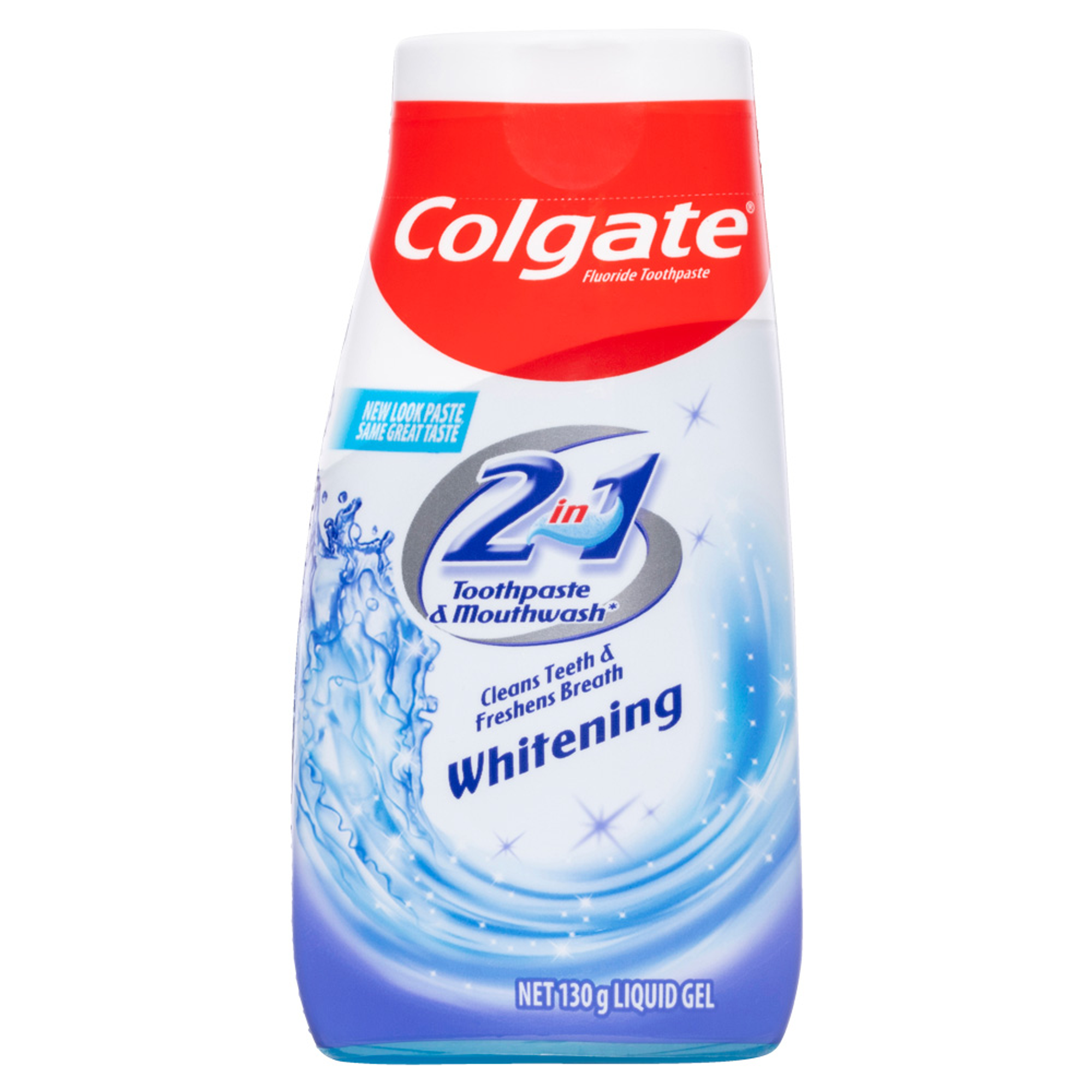Breathing through your mouth
If you breathe through your mouth most of the time, the air that moves over your tongue and teeth will dry out your mouth. Dry mouth due to mouth breathing rather than breathing through your nose can be a challenge for some people to handle. If you regularly suffer from a stuffy nose or sinus problems that cause you to breathe through your mouth, talk to your physician about treatments to clear up your nasal congestion.
Dehydration
If you're not taking in enough fluids during the day, you might get dehydrated, which means your bodily fluid levels are low. This can result in a dry mouth. The fix for this is easy. Ensure that you're getting enough water during the day to prevent dehydration. Add foods with a high water content to your plate to keep you hydrated. Watermelon and cucumbers are good choices. Avoid caffeinated drinks because caffeine is a diuretic and may contribute to dehydration and exacerbate dry mouth symptoms.
Medication
According to the Health Direct, a dry mouth is an unfortunate side effect of many medications. Antidepressants, antihistamines, medications for epilepsy, antipsychotic medications and beta blockers, amongst others, commonly cause a dry mouth. Those medications can reduce the flow of saliva, which is why they might give you a dry mouth. You may have to adjust by taking frequent sips of water, chewing gum to stimulate your salivary glands or using over-the-counter saliva substitutes.
Health conditions
If you suffer from anxiety, a flare of the condition can temporarily dry your mouth. Sjogren's Syndrome is a health condition that can affect your salivary glands and cause a dry mouth. If what causes a dry mouth for you is a health problem, treating that issue can often help alleviate the symptoms. Consult a doctor or dentist first to diagnose the cause of your dry mouth and other possible symptoms.
Things to avoid
Eliminating dry mouth also involves avoiding certain things that can exacerbate the problem. Don't smoke or use tobacco, if you need help quitting cigarettes, talk to your doctor or dental professional about medications or other treatment options. Avoid using mouthwash that contains alcohol, which may contribute to this oral health issue.
Alleviating dry mouth
Keep sugar-free gum or lollies with you and chew or suck on these when your mouth gets dry. This helps to stimulate the flow of saliva and may help to keep your mouth moist. A humidifier in your home can help keep the air from being too dry, which may assist in minimising symptoms of a dry mouth at night, if you are a mouth breather. Carry a water bottle with you so you can take a sip when your mouth gets dry.
Be aware of what you can do in order to help moisturise your mouth to eliminate symptoms of a dry mouth as much as possible.
This article is intended to promote understanding of and knowledge about general oral health topics. It is not intended to be a substitute for professional advice, diagnosis or treatment. Always seek the advice of your dentist or other qualified healthcare provider with any questions you may have regarding a medical condition or treatment.














